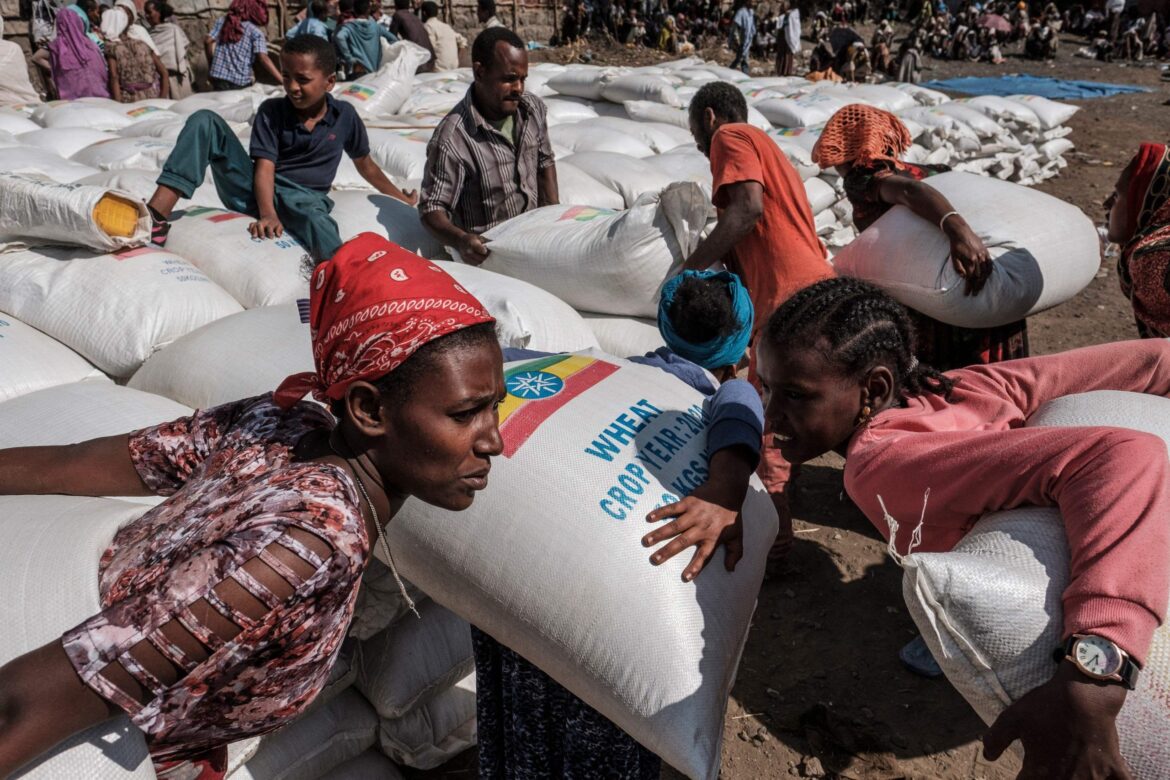The 20th of February marks World Social Justice Day, which recognises the need to promote social equality worldwide. The day is meant to shine a spotlight on issues such as gender inequality, exclusion, unemployment, and human rights violations – which are all either caused or amplified by poverty.
What better case study to start with than South Africa, which continues to face multiple challenges exacerbated by poverty?
Despite significant strides that have been made concerning social redress post-Apartheid, most Black South Africans continue to live under extreme poverty. According to the World Bank, South Africa is the most unequal country in the world. Poverty and unemployment are the country’s foremost challenges, especially amongst the Black population. In 1998, former President Thabo Mbeki (the then Deputy President) famously claimed a “two-nations” thesis – one being white and prosperous, and the other being Black and poor. This thesis has proven to be true over the past two decades, especially since the start of the pandemic. Unemployment is at an all-time high, and there has been an exponential increase of people in need of social grants.

However, it is important to note that poverty amongst Black people is not limited to South Africa.
According to the World Health Organisation, the number of Black Africans who are food insecure has been growing at an alarming rate over the past decade. The demand for food aid has also increased across the diaspora. Since the beginning of the Tigray conflict in Ethiopia, a famine has officially been declared in the region. The United Nations also reports that over 2.2 million people have been displaced in the state of Tigray.

The level of poverty in the Black community can be attributed to our colonial history. Colonisation created a culture of structural racism, making it difficult for indigenous people to access education. This automatically limits Black people’s employment opportunities in the workforce and their financial independence. Without financial freedom, the cycle of poverty continues to ravage the community one generation after the other.
According to social analysts, African-Americans born in poverty are less likely to move up the income ladder than those in other racial groups, especially whites. This is influenced by many factors, including educational inequalities, neighbourhood circumstances, rates of incarceration, access to credit, and workplace discrimination. This further proves that Black people are disproportionately affected by poverty across the world than any other race.

Okay, back to South Africa.
Poverty is the catalyst of many other socio-economic issues such as Gender-Based Violence (GBV), homelessness, malnutrition, and high crime rates. GBV, classified as the “second pandemic” by the Presidency, is most prevalent among the poor. Statistics show that women and girls living in extreme poverty are more vulnerable to sexual exploitation, including sex trafficking. They are also most likely to experience intimate partner violence due to their lack of income and resources. This can be linked to the high unemployment rate.

Poverty can also be linked to psychological and mental health conditions within the community. Psychology theorists link stress from living in poverty to aggressive behaviour. When living under constant stress, such as wondering where the next meal is going to come from, people may become violent and even resort to crime. The perfect example of this is last year’s July unrest. After the government discontinued the R350 SRD grant, impoverished South Africans looted shops and malls. The incarceration of former President Jacob Zuma triggered the event, which destabilised social cohesion at the time. However, taking into consideration the interviews conducted by media personnel during the unrest, most looters had not acted out of political interests—poverty had compelled them.
Unemployment, a catalyst of poverty, has also been linked to depression, hopelessness, and suicide ideation. This is yet another example of how poverty continues to be detrimental in the Black community.
Structural reform is required to eradicate poverty; this can only come through policy change. South Africa’s current government has made significant progress regarding the provision of basic services and broadening the social wage. However, the democratic experience for many Black South Africans has been unemployment and exclusion, begetting more poverty.



